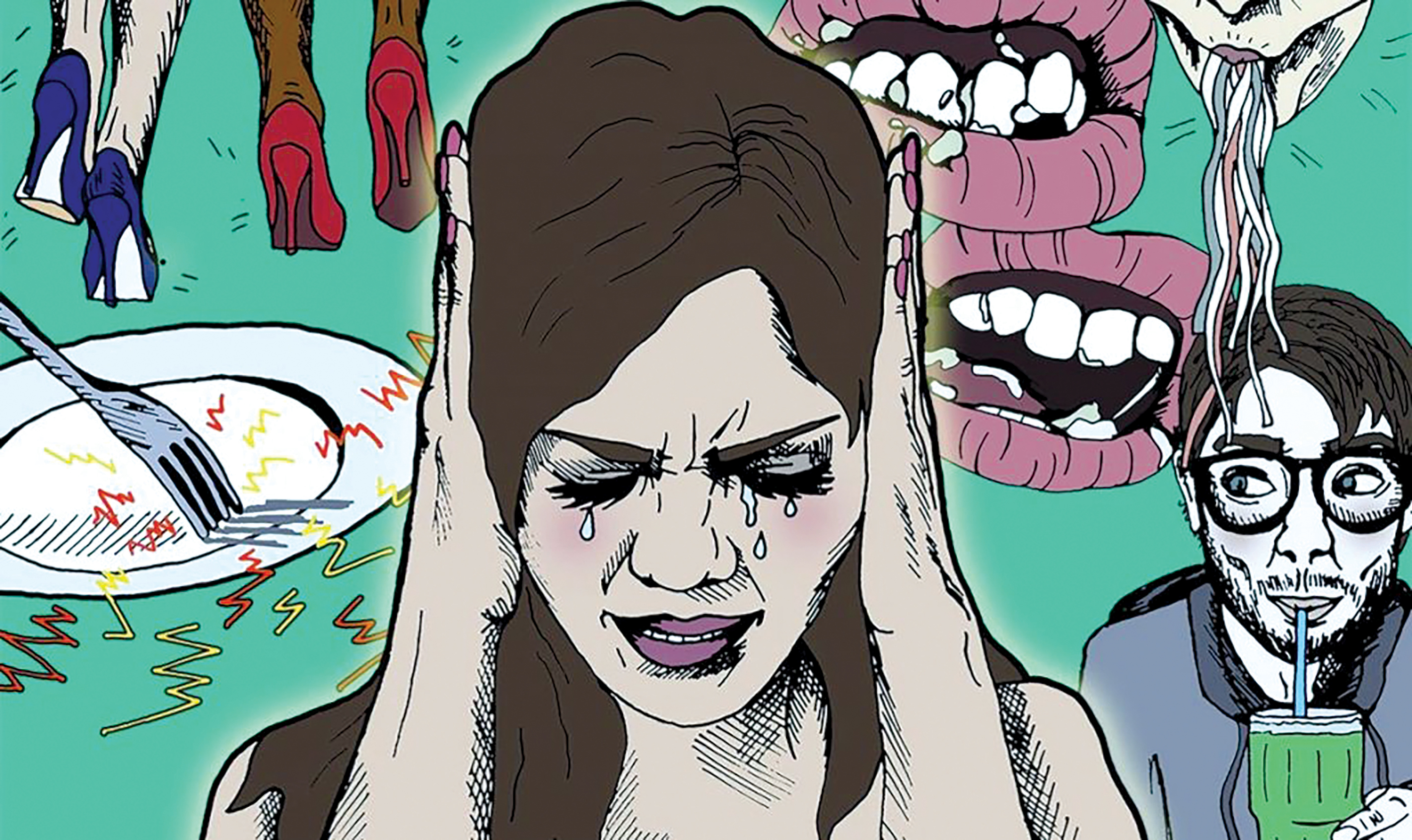When working in the office, do you get distracted by the noise around you? Is the sound of your colleague typing hard on the keyboard disturbing? Do sounds other people don’t even notice drive you up a wall? Are you affected so much that you are close to tears or become immensely agitated? You might be suffering from a disorder called Misophonia.
When we hear the word disorder we think of depression, social anxiety and many such known conditions but there are other mental disorders that are not so well known. Often, people who are afflicted by it are also unaware of it. The term Misophonia was first coined by American scientists Pawel and Margaret Jastreboff in 2001.
It is a disorder in which certain sounds trigger emotional or physiological responses that others might perceive as unreasonable in a given circumstance. In such a situation, people tend to possess abnormally strong and negative reactions to ordinary sounds of eating, chewing, gulping, yawning, nails on a chalkboard or even breathing. It is a lifelong disorder and medication cannot really treat it.
Sufferers often feel embarrassed and don’t mention it to health professionals – who, in turn, may not have heard of it anyway. Nonetheless, it is a real disorder that gravely compromises one’s functioning, socialising and ultimately, mental health. A survey of around 200 sufferers showed that the average age at which they first become aware of the condition is 12, says Dr Sukhbinder Kumar, the lead researcher from the Institute of Neuroscience at Newcastle University.
Reactions: ‘Fight’ or ‘flight’?
As stated by Newton, for every action, there is an equal and opposite reaction. In the same way, Misophonics are also compelled to react to certain sounds, which can be either in the form of fight or flight. It means a Misophonic will either try to ignore such a situation or completely lose his/her temper.
In case of a flight response, it can lead to a situation of social alienation. On the other hand, a fight response could mean causing violence to the person making the sound. For example, the brain plays scenarios where they are slapping the food out of the ‘offender’s’ hand or punching them in the face. These people are aware that the problem lies with the disorder hence they don’t actually want to cause anyone physical harm. At the same time, most of the people with this problem don’t even know that theirs is a known malady.
Can Misophonia be treated?
Misophonia cannot be completely cured but several treatments are effective in mitigating the condition. These are:
- Tinnitus Retraining Therapy (TRT): TRT combines sound therapy with counseling, positive sound protocols and noise generators. Pleasant sounds are played and the patient is taught to create positive associations with sounds that hitherto triggered negative reactions.
- Cognitive Behavioral Therapy: Used together with TRT, this treatment attempts to alter the negative thoughts of the Misophonic person to decrease suffering. Triggering sounds are matched with positive experiences.
- Lifestyle Changes: Lifestyle changes that may help reduce the effects of Misophonia. These include vigorous exercise, a healthy diet, a regular sleep schedule, sound protection (when needed), special sports games and family counseling.
People suffering from this disorder fight an internal battle every single day so if you are a sufferer, don’t worry, you are not crazy! Society should understand that Misophonia is real and can affect some people deeply.





